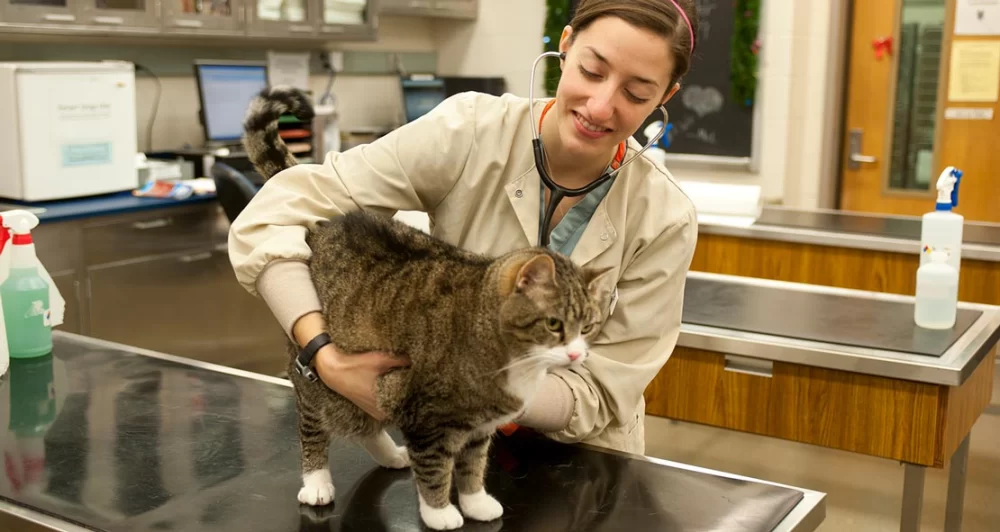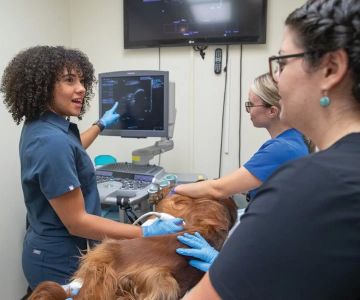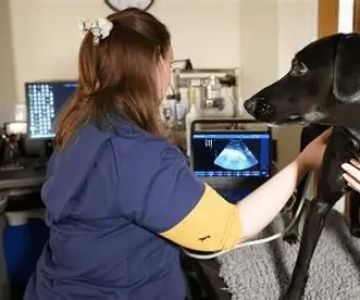What Is a Veterinarian Major Called? Understanding the Path to Veterinary Science
- the-basics-of-veterinary-education - The Basics of Veterinary Education
- common-majors-that-lead-to-veterinary-school - Common Majors That Lead to Veterinary School
- why-veterinary-science-is-the-most-targeted-path - Why Veterinary Science Is the Most Targeted Path
- real-student-story-a-path-through-animal-science - Real Student Story: A Path Through Animal Science
- what-to-expect-in-a-veterinarian-major - What to Expect in a Veterinarian Major
- turning-your-major-into-a-career-in-veterinary-medicine - Turning Your Major Into a Career in Veterinary Medicine
1. The Basics of Veterinary Education
If you’re wondering what is a veterinarian major called, the answer isn’t as straightforward as you might think. Unlike law or medicine, there’s no single “veterinarian” undergraduate degree. Instead, students aspiring to become veterinarians typically pursue majors that prepare them for veterinary school. These include biology, animal science, or specifically, veterinary science.
Veterinary school is a graduate program, meaning students must complete a bachelor's degree first. That makes your undergraduate major a crucial step on your journey.
2. Common Majors That Lead to Veterinary School
While “pre-vet” tracks exist, they aren’t technically majors. Instead, most students major in:
- Animal Science – focuses on livestock, anatomy, and animal nutrition.
- Biology – offers a strong foundation in genetics, physiology, and molecular studies.
- Veterinary Technology – more hands-on and often leads to vet tech careers, but can be a stepping stone.
Universities label these fields under various names, but the core focus remains consistent: preparing students to enter a competitive veterinary program.
3. Why Veterinary Science Is the Most Targeted Path
The most accurate answer to what is a veterinarian major called at schools that offer it is “Veterinary Science” or “Pre-Veterinary Medicine.” These programs combine biology, chemistry, animal behavior, and clinical science.
For instance, Colorado State University offers a Bachelor of Science in Animal and Veterinary Sciences. Students there take specialized courses in animal physiology, microbiology, and even hands-on farm rotations. If you're serious about working with animals in a clinical capacity, this path provides the most aligned education.
4. Real Student Story: A Path Through Animal Science
Meet Jenna, a current veterinary student at the University of Georgia. In undergrad, she majored in Animal Science with a minor in Chemistry. She chose that route because it offered a balanced mix of lab work and large-animal care.
Jenna recalls one class, “Advanced Livestock Physiology,” where she assisted in delivering a calf during a field practicum. That hands-on experience helped her stand out in her vet school application and solidified her passion for rural veterinary care.
5. What to Expect in a Veterinarian Major
Whether you're in a veterinary science or animal science major, the coursework is rigorous. Expect to study:
- Organic Chemistry and Biochemistry
- Microbiology and Immunology
- Animal Genetics and Reproduction
- Animal Behavior and Ethics
Students will also need to log significant volunteer or work hours with licensed veterinarians. Many programs require this to ensure applicants understand the demands and responsibilities of the field.
6. Turning Your Major Into a Career in Veterinary Medicine
Choosing the right undergraduate major is just the first step. From there, you’ll need to excel academically, prepare for the GRE (or CASPer, depending on the school), and gain veterinary field hours.
If you’ve asked yourself, “what is a veterinarian major called?” and are ready to commit, this is your sign to dive deeper. Programs in veterinary science or animal biology offer the most direct path, but success ultimately depends on your passion and preparation.
Looking for tools to boost your journey? Explore specialized study materials, pre-vet mentorship services, and admission tools at trusted education marketplaces. Taking that next step could be what sets your application apart.












